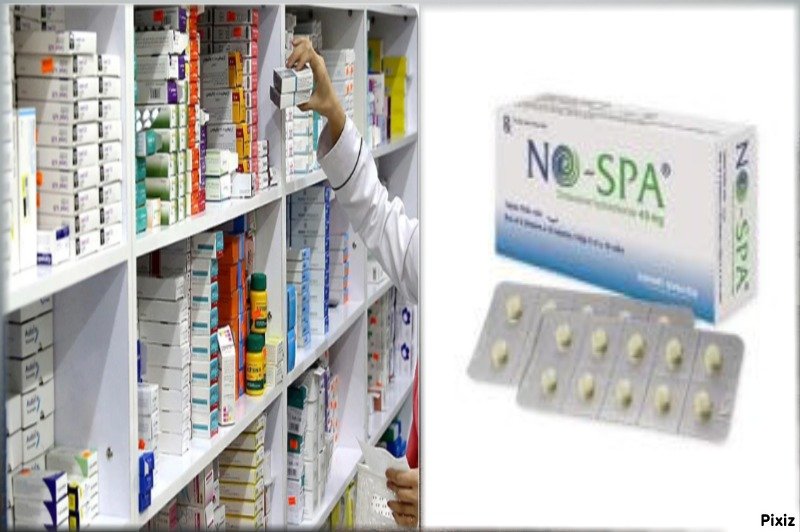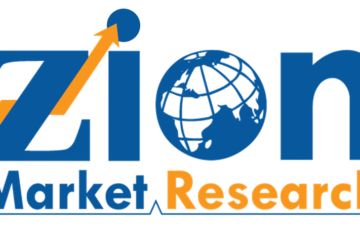Introduction
In Pakistan, medical stores play a crucial role in ensuring access to essential medicines, healthcare products, and basic medical equipment. These outlets are often the first point of contact for individuals seeking treatment for minor health issues, purchasing prescription drugs, or getting over-the-counter remedies. In both urban and rural areas, the availability of well-stocked medical stores can significantly improve community health by providing timely and affordable medical solutions.
Accessibility and Convenience
One of the key benefits of having multiple medical outlets across the country is convenience. People can easily find the medicines they need without having to travel long distances. In cities, medical shops operate around the clock, ensuring that emergency needs are met at any time. In rural communities, even small-scale outlets make a huge difference by providing essential medicines that would otherwise require traveling to larger towns. This easy accessibility not only saves time but also ensures that patients can begin treatment promptly.
Quality and Regulations
To maintain trust and ensure the safety of patients, the government of Pakistan has established strict regulations for operating pharmacies. Licensed medical shops are required to follow guidelines for drug storage, labeling, and sales. Proper temperature control, expiry date checks, and the presence of qualified pharmacists are necessary to ensure the medicines remain effective and safe for consumption. Compliance with these regulations also helps in preventing the distribution of counterfeit or substandard drugs.
Role in Preventive Healthcare
Medical outlets in Pakistan are not just about selling medicines; they also play a vital role in preventive healthcare. Many shops offer basic health screenings such as blood pressure checks, sugar level tests, and weight monitoring. By providing health-related advice and awareness, these outlets encourage people to adopt healthier lifestyles and manage chronic conditions more effectively. This educational role is particularly important in areas where professional healthcare services are limited.
Challenges Faced by the Sector
Despite their importance, medical shops in Pakistan face several challenges. Rising inflation has increased the cost of medicines, making them less affordable for the average citizen. Additionally, supply chain issues can result in shortages of certain drugs, especially in rural regions. Another challenge is ensuring the presence of qualified pharmacists in every store, as some outlets still operate without proper supervision. Addressing these issues is essential to improve the quality of healthcare services across the country.
Conclusion
In conclusion, medical outlets are an essential part of Pakistan’s healthcare system. They provide affordable, accessible, and timely medical solutions to millions of people every day. With proper regulation, training, and awareness, these stores can continue to improve public health and prevent the spread of diseases. Moreover, they serve as a bridge between the community and advanced healthcare facilities. Whether it’s for a daily prescription refill or a quick remedy for pain, people know they can rely on their local pharmacy for help. For instance, many individuals trust common medicines like nospa tab for quick relief from muscle spasms or stomach cramps, showcasing how accessible treatments can make a difference in everyday life.





